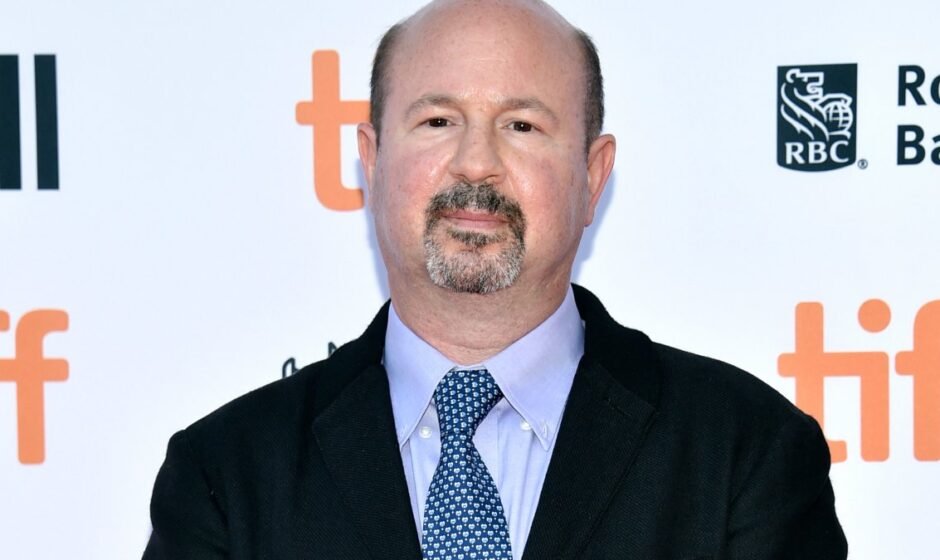It has been over a decade since two conservative writers compared a prominent climate scientist to a convicted child molester due to his depiction of global warming. Now, a jury is set to determine whether these comments were defamatory.
Closing arguments were expected to take place on Wednesday in the lawsuit filed by Michael Mann. Mann gained prominence for his graph, known as the “hockey stick,” which was published in 1998 in the journal Nature. The graph illustrated a significant increase in average temperatures in the Northern Hemisphere during the 20th century, following a period of relative stability for 900 years.
Mann’s work received widespread attention and was included in a United Nations climate panel report in 2001. It was also featured in Al Gore’s documentary “An Inconvenient Truth,” which won an Oscar in 2006. However, his research also attracted skeptics, two of whom Mann took to court for their attacks, claiming that they had negatively impacted his career and reputation both in the United States and internationally.
In 2012, the Competitive Enterprise Institute, a libertarian think tank, published a blog post by Rand Simberg that compared investigations into Mann’s work at Penn State University to the case of Jerry Sandusky, a former assistant football coach convicted of sexually assaulting multiple children. Mann’s research had come under scrutiny after his and other scientists’ emails were leaked in 2009, an incident known as “Climate Gate.” Skeptics alleged that Mann had manipulated data. Although investigations by Penn State and governmental organizations cleared Mann, he continued to face attacks, particularly from conservatives.
Simberg wrote in his blog post, “Mann could be said to be the Jerry Sandusky of climate science, except for instead of molesting children, he has molested and tortured data.” Another writer, Mark Steyn, later referenced Simberg’s article in his own piece in National Review, calling Mann’s research “fraudulent.”
Mann filed a lawsuit against the two men and their publishers, seeking monetary damages. The case has gone through various courts, with the two outlets being dismissed as defendants in 2021, while the claims against the individuals remained.
In a statement, Simberg stated that the case was about the freedom of speech on important issues such as climate change. He expressed concern that if individuals faced years of litigation for expressing their opinions, it would have a negative impact on society.
Steyn declined to comment while the trial is ongoing, but he had previously stated that he was merely expressing an opinion.
The outcome of Mann’s case is being closely watched by other climate scientists. Kate Cell, a senior climate campaign manager at The Union of Concerned Scientists, stated that a favorable verdict for Mann could discourage attacks and nasty rhetoric against climate scientists. However, Mann must prove that the writers not only made false and defamatory statements but also acted with actual malice, which is a higher threshold for cases involving public figures.
Lyrissa Lidsky, a constitutional law professor at the University of Florida and an expert on defamation, explained that defamation cases involving public figures often favor free speech rights. She emphasized that defamation is not solely about the truth but allows for the expression of unkind or harsh opinions protected under the First Amendment.
The trial takes place against the backdrop of the highly divisive and partisan nature of the climate change issue in the United States. A 2023 poll conducted by The Associated Press-NORC Center for Public Affairs Research revealed that 91% of Democrats believe in climate change, while only 52% of Republicans share that belief.
Many scientists have been following Mann’s case closely as misinformation about climate change continues to spread, and they themselves have faced attacks. However, Lidsky expressed skepticism that the outcome of Mann’s case would have a significant impact, particularly on social media. She believed that a jury’s decision in one case would not put an end to climate skepticism, regardless of the trial’s outcome.
(Note: The Associated Press’ climate and environmental coverage receives financial support from multiple private foundations. AP is solely responsible for all content.)




